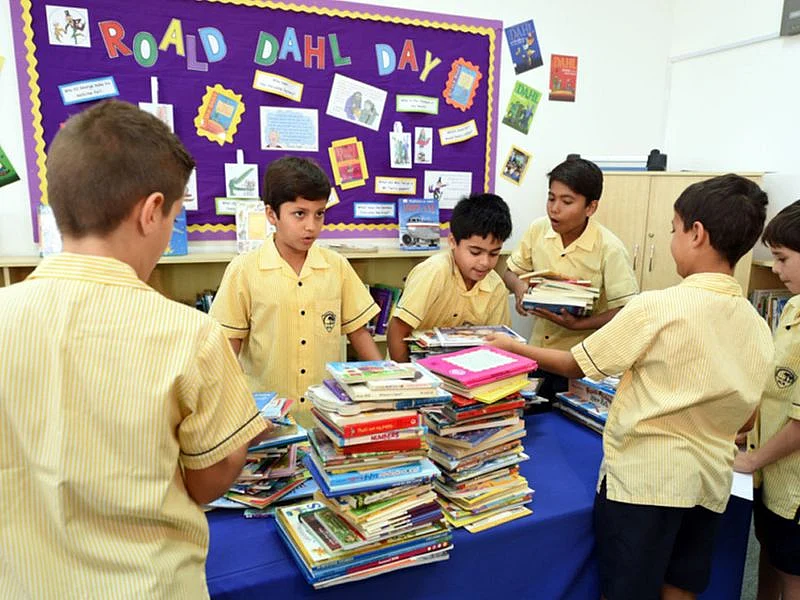UAE Ministry of Education launches national study to evaluate project-based learning in schools
Initiative marks a key step toward transforming school education in the country

Abu Dhabi: The UAE Ministry of Education has launched a nationwide evaluation of its recently introduced project-based learning and assessment model.
The comprehensive analytical study, initiated last month, focuses on Cycle 2 students (Grades 1 to 4) and aims to support the adoption of an updated policy to be officially implemented in the 2025–2026 academic year. The move is part of the ministry’s efforts to modernise school assessments and develop real-world skills among students.
A dedicated ministerial team is leading the initiative, conducting field visits to public schools across the country to observe how the project-based model is being applied and how educators are managing the process. Student work samples are also analysed to evaluate the model’s impact.
In addition to school visits, the study incorporates a mix of quantitative and qualitative data collection through targeted surveys for students, parents, and teachers. This multi-layered feedback aims to assess the educational and social impact of the new model from diverse perspectives.
New framework to redefine school assessments
Findings from the evaluation will shape a national policy framework that will serve as a unified reference for implementing project-based assessments in Cycle 2 schools. The ministry is expected to announce the full details before the start of the 2025–2026 academic year.
Unlike traditional exams that primarily test theoretical knowledge, project-based learning focuses on students' ability to apply concepts and skills in real-life situations. Project-based learning promotes evaluation across multiple stages, recognising both individual and group efforts throughout the project lifecycle not solely the final product.
The ministry is prioritising the development of 21st-century skills, including critical thinking, problem-solving, effective communication, and teamwork. It aims to instil a culture of constructive assessment through continuous feedback between teachers and students.
Support for educators and inclusive assessment
To ensure smooth implementation, the ministry is offering technical and training support to school administrators and educators. It is also issuing detailed operational guidelines that define roles, set assessment criteria, and outline clear documentation protocols.
The guidelines are designed to be inclusive and flexible, accommodating students of determination, high achievers, and gifted learners – with an emphasis on fairness and equity in assessment.
With this strategic shift, the ministry aims to create a more engaging, skill-focused, and inclusive educational environment for students across the UAE.
Sign up for the Daily Briefing
Get the latest news and updates straight to your inbox
Network Links
GN StoreDownload our app
© Al Nisr Publishing LLC 2026. All rights reserved.